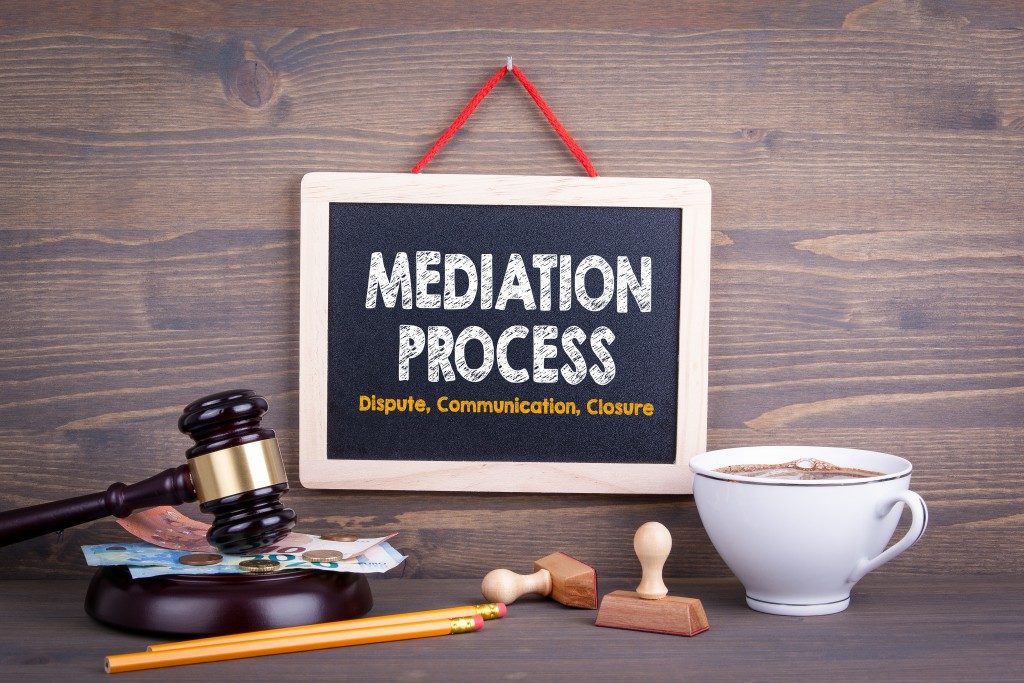- Challenging a last will is possible under certain circumstances.
- Evidence of suspicious activities, such as coercion or conflict of interest, should be gathered.
- A qualified attorney should be consulted to understand the legal requirements for contesting a will.
- Parties involved in the estate should be notified when petitioning to challenge the will.
- Ensuring the deceased’s wishes are honored in court requires professional help.
When passing on wealth, finances, and property from one generation to the next, having a last will is essential. It is a legal document that expresses one’s wishes for how their estate should be divided amongst their beneficiaries upon death. Families need to have this document in place as it allows individuals to express to whom they want to receive their assets so that they can be distributed according to their wishes.
Having a last will also helps minimize disputes between family members or other parties who may have an interest in the deceased person’s estate. According to The American Bar Association, approximately 60 percent of Americans do not have a will in place. This can lead to disagreements over who receives what assets, which can cause significant stress and create tension among family members during an already difficult time.
In addition, without a will in place, there is no guarantee that the deceased person’s assets will be distributed according to their wishes or intentions. Without a will in place, state laws determine who receives the deceased’s assets—which could mean that things are given out differently than what was intended by the dead.
However, you might notice that the last will provide an unfair outcome. If you believe the will does not reflect the deceased’s wishes, or if it has been made under suspicious circumstances, it can be contested in court. Here are a few steps you should take.
Gather Evidence

Evidence is significant for suspicious activities surrounding a last will. For instance, if the will was written under duress or made at a limited time due to a person’s declining health, it might be grounds to contest the will. Additionally, suppose a witness or executor of the will had any conflict of interest that would have led them to influence the writing of the will in their favor. In that case, it could also be used as evidence for contesting the will.
For a court to consider such evidence, family members must first look into gathering appropriate documents, such as:
Medical records
The last will might have been written when the deceased was in poor health or when they were not making sound decisions. Having medical records can serve as evidence for this case.
Statements from witnesses who interacted with the deceased
Having comments from people who interacted directly with the dead can provide valuable insight into their mental state before and after writing the last will.
Financial documents
Money or other assets might have been given out to certain parties before or after writing the will. Financial documents can demonstrate any suspicious activities concerning the distribution of those funds.
Ulterior motive
While not precisely concrete evidence, determining any possible motivation from someone who had a hand in writing the will can be helpful.
Hire a Reliable Attorney
When contesting a last will, it is essential to have the help of a qualified and experienced trustee dispute attorney. A trustee dispute attorney specializes in all aspects of probate litigation, including will contests, trust disputes, and any other legal matters that may arise in estate planning.
Having a qualified attorney on your side can provide invaluable advice regarding the precise legal requirements for contesting a last will. An experienced attorney can help you understand the local laws governing wills and estates to develop a sound strategy for successfully challenging the validity of an existing or proposed last will. Your attorney can also guide what evidence is needed to effectively present your case in court.
Trustee dispute attorneys are also knowledgeable about the various legal defenses that might be used by those responsible for executing and carrying out the deceased’s wishes (including executors, trustees, guardians, etc.). This expertise allows them to identify potential problems with how a person’s assets are distributed according to their wishes as outlined in their will. When necessary, they will also work with you to determine if there is reason enough to bring a challenge against an existing or proposed last will.
File a Petition

Once you have the evidence and have obtained legal representation, you can file a formal petition challenging the last will. Depending on the state, this might be done in probate or civil courts.
Once your challenge is filed, you must notify all parties involved in the estate, such as executors and beneficiaries. This should also include anyone who may benefit from the existing last will. All parties will then be able to provide their input in court.
Final Thoughts
At its heart, contesting a last will is an incredibly complex process requiring extensive research and understanding of cultural laws and trust law practices. It is essential to get professional help when deciding whether or not to take action against an existing or proposed last will. With the right legal advice and representation, family members can ensure that the deceased’s wishes are honored in court.



